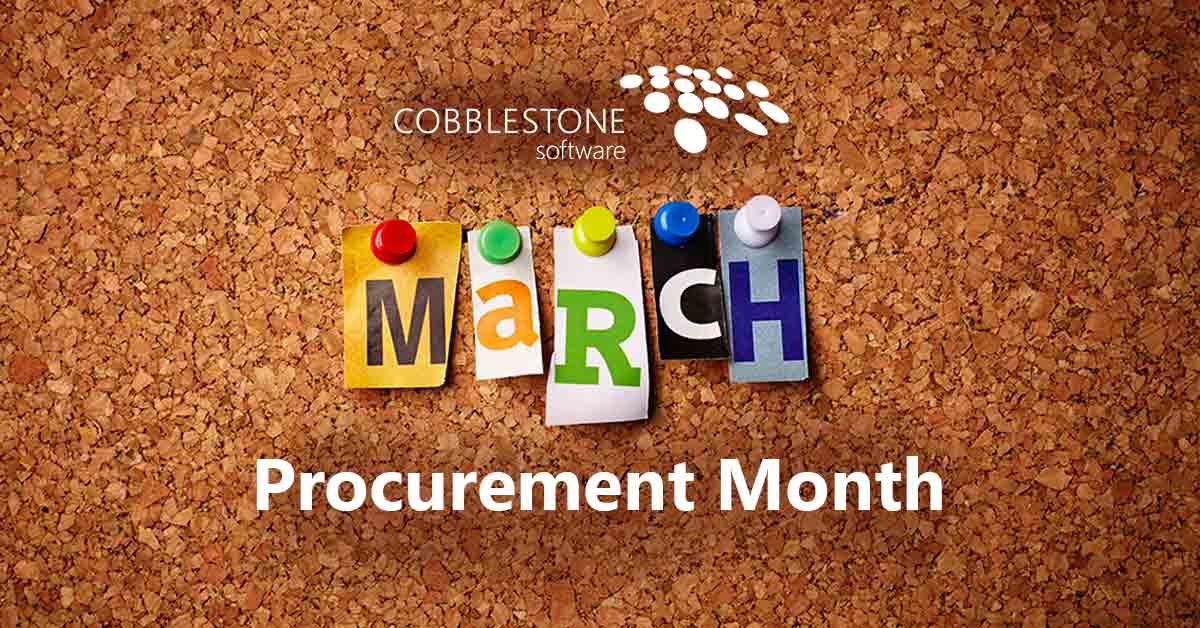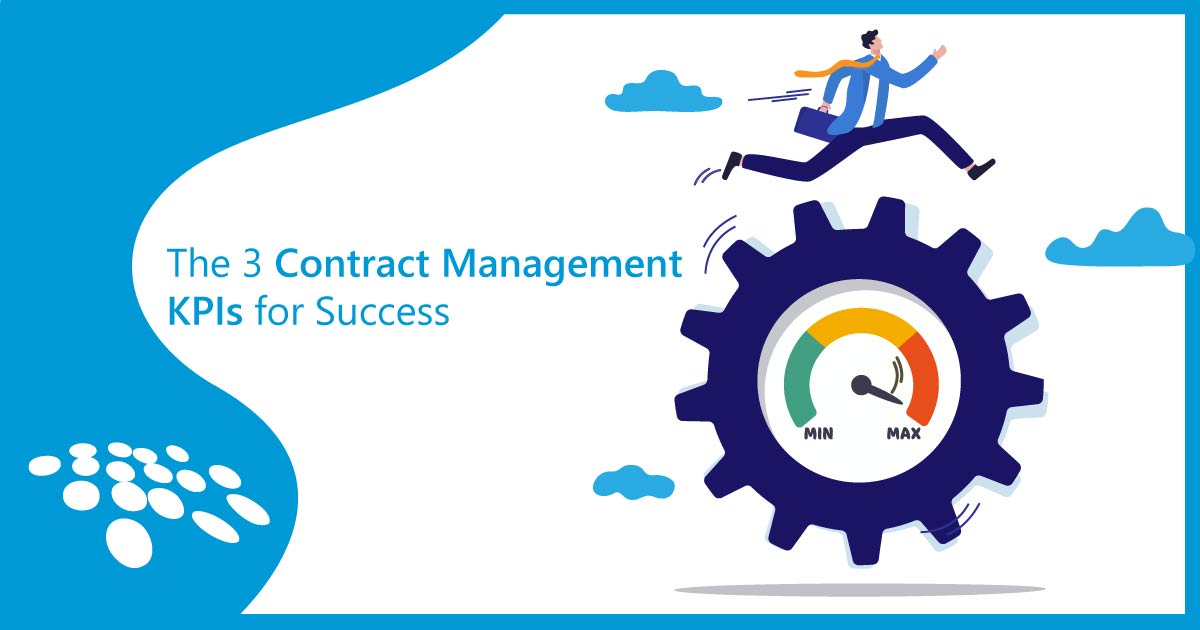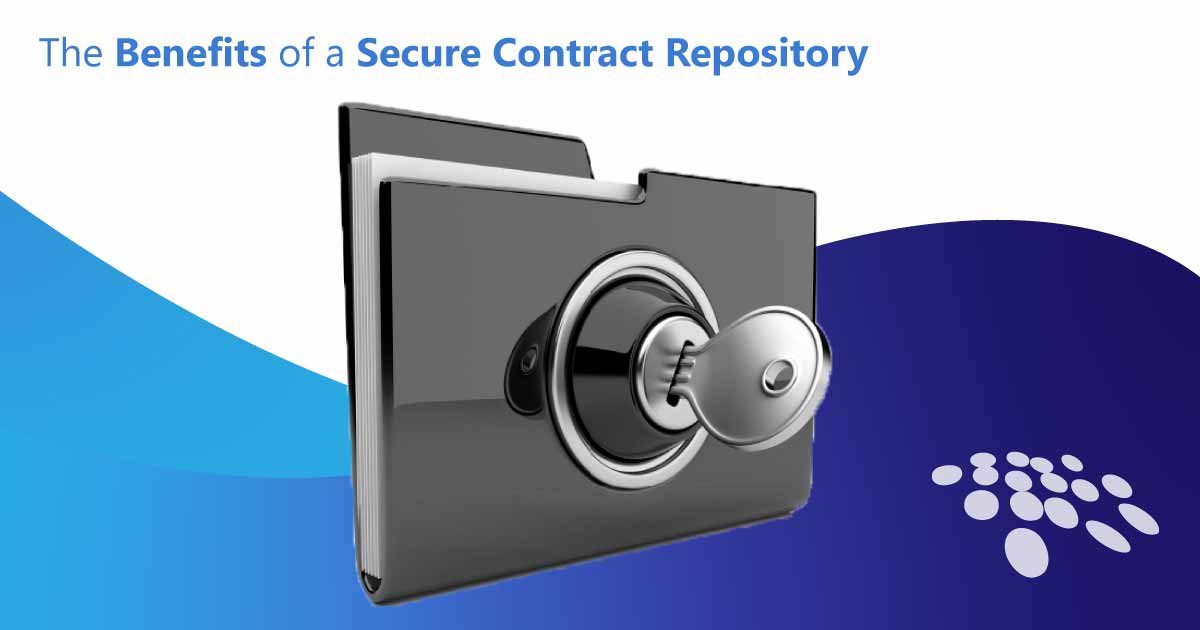
In the minds of legal professionals, the pressure is ON. And yes, you read the title correctly. The vast majority of legal professionals - a whopping 84 percent - experience pressure to simplify their contract processes (according to a recent survey from World CC). From contract creation to renewal, there seems to be something missing. Contract managers face immense stress from outdated contract management processes, misunderstandings, lack of efficiency, and elevated costs (to name a few). In the interest of drilling down deeper, let's thoroughly examine some of the reasons corporate counsel, general counsel, paralegals, legal departments, and others are clamoring for contract simplification.
A Tale of a Terribly Complex Contract Process
We think the protagonist of the following scenario serves as a stand-in for the 84 percent of legal professionals stressing about contract simplification. Does this person sound like you or someone in your organization?
Emma is a seasoned legal resource at HeckTech - a rapidly expanding technology firm. Her daily routine overflows with drafting, reviewing, and managing a plethora of contracts ranging from simple NDAs to complex partnership agreements. Despite her expertise and work ethic, Emma faces several pressing challenges that mirror the industry-wide push for contract simplification mentioned above. Let's touch on those challenges.
#1 - Complexity That Breeds Misunderstanding
In one instance, a major contract with a new partner was on the brink of total failure. The contract was so laden with unclear contract language and unconcise clauses that the partner's team misinterpreted several key contract terms. This misunderstanding led to friction and mistrust - risking not just the contract but a potentially lucrative relationship had the contract instead contained uniform and plain language.
#2 - Time & Cost Inefficiency
Emma also noted the inefficiency of the contract lifecycle process. Drafting a single contract could take weeks - bogged down by back-and-forth communications, revisions, and approvals by email with unclear versions. This inefficiency was not merely frustrating; it was costly. The legal department became a bottleneck - delaying broader project kickoffs and revenue recognition.
#3 - Lack of Insight Into Trends & Analytics
With HeckTech's expansion, Emma and her team struggled to retain any insights from contracts to make the most of them. Emma did not have the proper tools to track contract management KPIs such as:
- obligation fulfillment.
- contract cycle times.
- contract amount and type analysis.
- counterparty, vendor, and supplier trends.
- contract value optimization.
- other game-changing pieces of contract visibility.
As such, it could be said that Emma and her team entered new contracts and initiatives comparatively blind.
The Simplification Savior: Contract Management Software
Just like the 84 percent of contract professionals who are fed up with an overly complicated and fruitless contract process, Emma has a tried and true player in her corner:
A leading contract management solution can save disillusioned legal professionals from the challenges above and more with in-demand features that reflect the bright future of legal technology - including the ones mentioned below.
- Standardized Templates & Clauses: To avoid error-filled, unclear, and ununiform contract language, contract management software users can enjoy a standardized library for their common and type-specific contract clauses and contract document templates. Legal professionals can seamlessly merge a contract's key metadata with a tried-and-true template while replacing undesirable or uncertain clauses with those in their preferred clause library - including through auto-redline.
- Centralized Negotiations & Approvals: In addition to the contract drafting automation mentioned above, configurable workflows and chains of approval can make negotiation easy! With numbered audit trails, detailed user permissions, clause ownership, and speedy electronic signatures, organizations can enjoy comprehensive oversight of the contract lifecycle from start to finish.
- Reports & Dashboards: Ad-hoc reports and visually engaging dashboards provide legal professionals with insights into both individual contracts and the whole of those within their system at the click of a few buttons.
Getting started with contract simplification right now is as simple as booking a free demo today!
*Legal Disclaimer: This article is not legal advice. The content of this article is for general informational and educational purposes only. The information on this website may not present the most up-to-date legal information. Specific guidelines on unilateral contracts are governed by state law. Readers should contact their attorneys for legal advice regarding any particular legal matter.






























